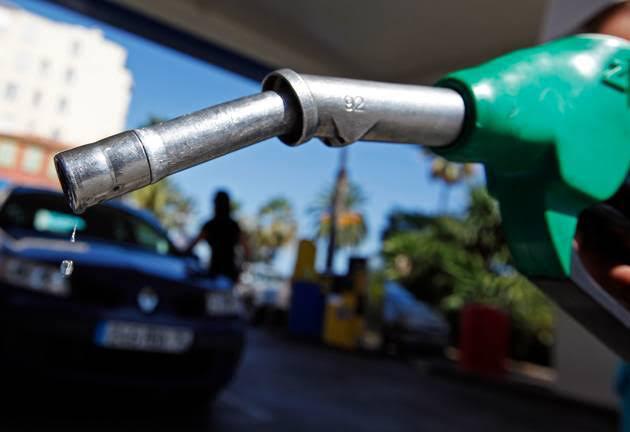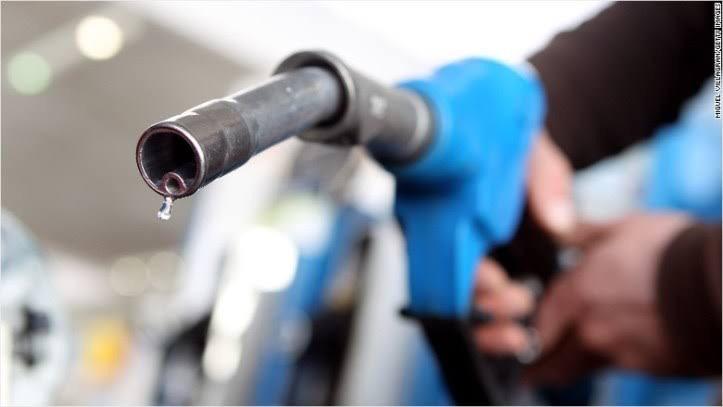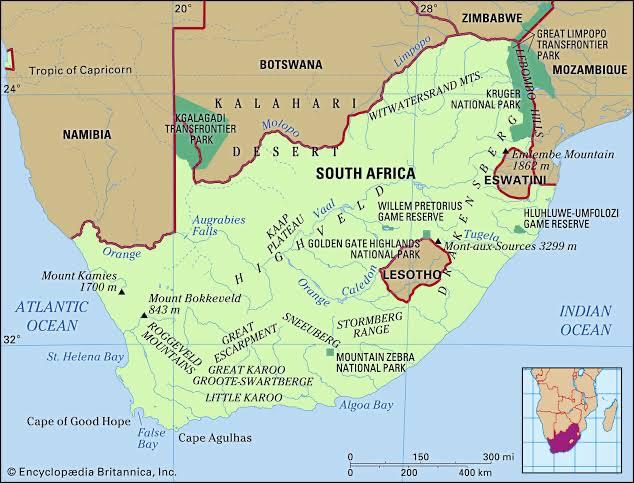In a statement last week, the Sudanese Energy and Mining Minister, Kheiri Abdelrahman said that the fuel prices currently being circulated in the Sudanese Media are “guesses” as the domestic selling price of fuel is yet to be announced. He said the Ministry is working to ensure the domestic fuel prices aligns with international price levels.
The Minister explained that since August, the Ministry has been working on the implementation of the government’s decision to liberalise fuel and stated that it will be completed by the end of October. He said the Ministry of Finances exempted taxes on fuel at the new price. The price decision will be taken by the Council of Ministers or the Ministry of Finance.
The Minister of Finance, Heba Mohamed, also confirmed that economic reforms that are aimed at achieving medium and long-term goals in achieving economic stability and re-moving the wheel of production to take advantage of the country’s rich resources and address the structural distortions, are being implemented.
The Board of Executive Directors of the World Bank Group approved a “pre-arrears clearance [grant]” of $200 million to the Sudanese government for the implementation of the economic reform programs. This is in addition to the $200 million from Sudan’s partners that were previously approved and will be administered through The Sudan Transition Support Trust fund to finance the Samarat [fruits] Family Support Programme.
The World Bank Vice President for Eastern and Southern Africa, Hafez Ghanem said the participation of World Bank would support the vision of peace and development with a focus on macroeconomic stability, job creation and sustainable development for Sudanese.
Sudan is on course to become a major oil producer and exporter in Africa. Oil accounts for about 80% to 90% of the country’s total exports and plays an important role in the country’s revenues. The major importers of Sudanese crude are Japan, China, South Korea, Indonesia and India.


